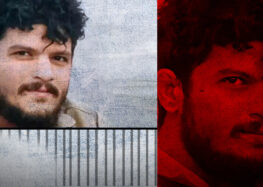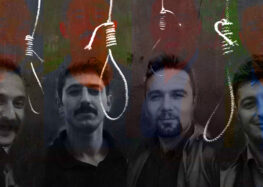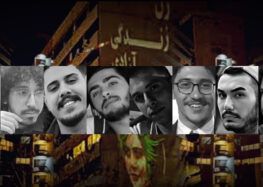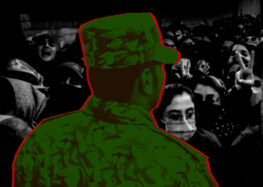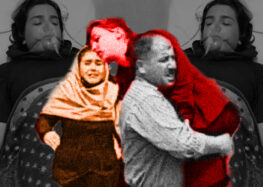IRGC-Affiliated Media Trying to “Prepare Public Opinion” For Execution of Kurdish Man
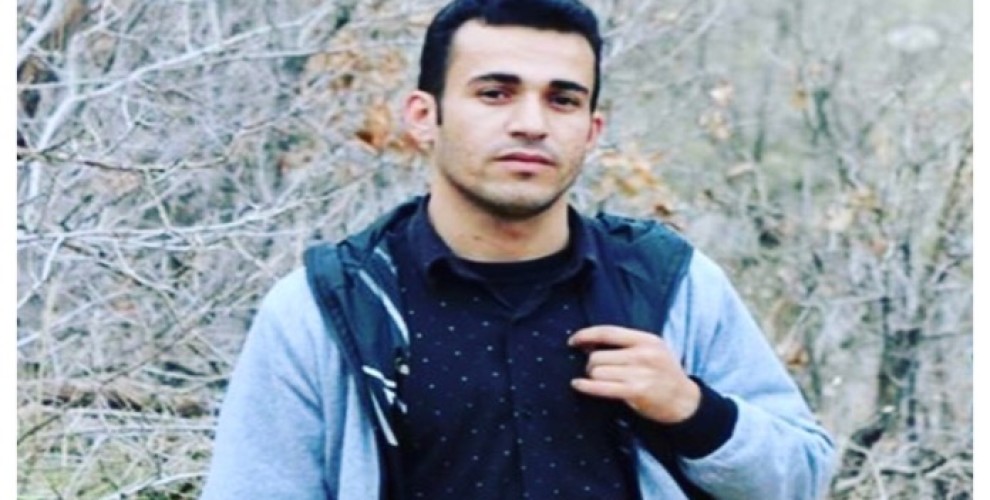
Relatives of Ramin Hossein Panahi, a Kurdish man on death row in Iran, have raised concerns that his chances of imminent execution have increased since several soldiers of the Islamic Revolutionary Guard Corps (IRGC) were killed in late July 2018.
“The security situation in the Kurdistan region has been very tense because of the armed confrontation with PJAK and the deaths of border guardsmen,” a source close to the family told the Center for Human Rights in Iran (CHRI) on July 31.
“The Islamic Republic usually tries to impose calm by carrying out executions, and for the past few weeks, some sites run by the IRGC and the Intelligence Ministry have been publishing articles every day in order to justify Ramin’s death sentence,” said the source who spoke on condition of anonymity due to the fear of reprisals for speaking publicly about the case.
“It seems they are trying to prepare public opinion for his execution,” added the source.
On July 21, 2018, a militant group known as the Kurdistan Free Life Party (PJAK) claimed responsibility for the killings of at least 10 soldiers belonging to the IRGC in the city of Marivan in Iran’s Kurdistan Province.
Since then, a number of news outlets affiliated with the IRGC, the judiciary, and the security establishment have launched a propaganda campaign against Panahi, stating he deserves to be hanged for the alleged “terrorist” activities.
In April 2018, Iran’s Supreme Court upheld Panahi’s death sentence for his membership in the outlawed Kurdish nationalist group, Komala, and for allegedly drawing a weapon in a clash with IRGC agents.
Panahi insists he did not participate in any armed action nor did he reach for a weapon.
On July 23, two days after the deaths of the IRGC soldiers, Mashregh, a website affiliated with the IRGC, claimed Panahi had confessed to firing 30 bullets at IRGC agents before running out of ammunition and getting arrested in June 2017.
“These sites repeatedly mention his Komala membership and publish photos of him inside a Komala camp,” the source told CHRI. “No one has denied that he was a member of Komala but the issue is that he did not reach for a weapon. He was not armed.”
UN human rights experts have called for his death sentence to be annulled in light of legal concerns about the handling of his case, including reports that Panahi had been tortured, denied access to a lawyer and medical care, and that he had been held incommunicado.
Since his death sentence was upheld in April 2018, Panahi has been moved back and forth between solitary confinement and the public ward of the Central Prison in Sanandaj, creating the impression that his execution was imminent.


